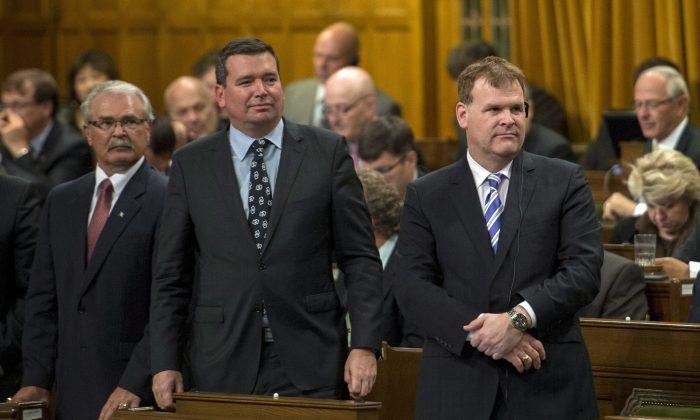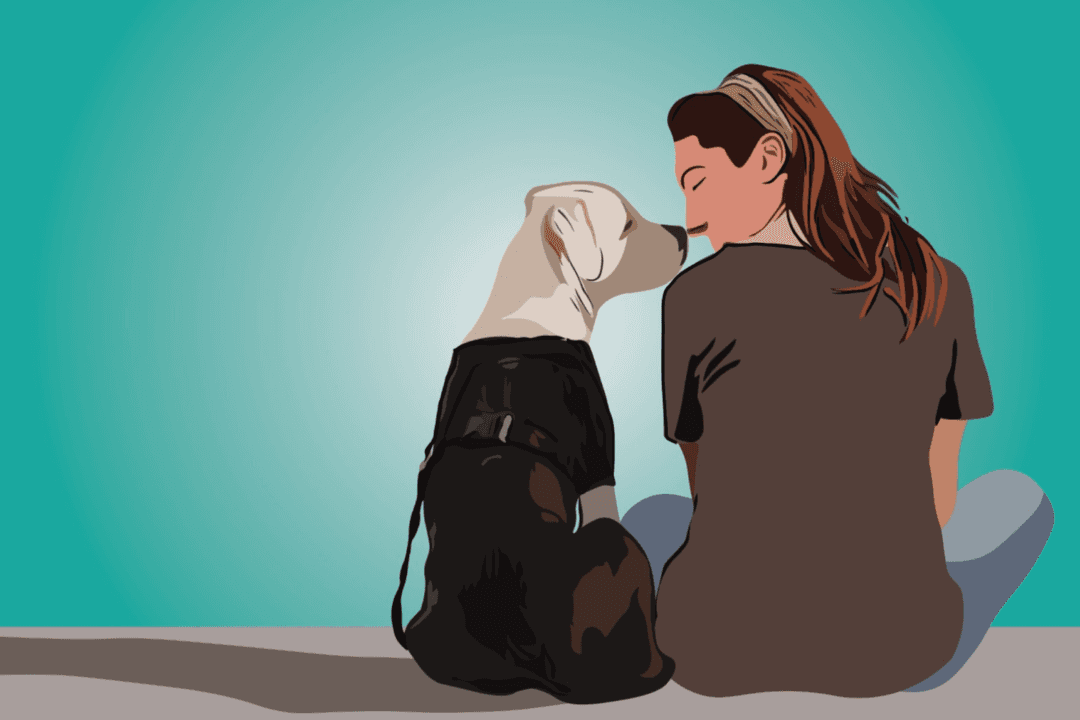OTTAWA—Canada is now at war with ISIL, a terrorist group that has shocked the world with carefully staged videos of beheadings.
The Islamic State of Iraq and the Levant’s horrific actions gave the Conservatives easy rhetorical points in debates leading up to the vote to send fighter jets to Iraq.
Count the number of times “behead,” “beheaded,” or “beheadings” was mentioned during recent debates for proof. Better yet, count the instances of “children” as in “beheading women and children” or “the targeting of civilians by snipers, including children and pregnant women” or “Women and children have been sexually assaulted…”
It’s a horror that compels a certain response. Critics of the combat mission contend that is ISIL’s plan—to lure the West into a war that will legitimize its claims as the counter to colonialists and capitalists. The question now is how deep Canada can get in this affair without turning effective action into the seeds of unintended consequences.
Unintended Consequences
Iraq’s recent history is marred with missed opportunities and short-term thinking. Some would say the roots of this can be traced to the special variety of semi-colonial rule Britain exercised over the country.
There was a time when Iraq could have become any country—a glowing period in the ‘50s when a budding society embraced Western ideals even as it rejected the West itself.
But Britain’s efforts to play puppeteer over the country’s politics fuelled resentment. Idealists hoping to build Iraq looked to the Soviet Union for example, having no idea of conditions inside Russia and its satellites and only the most superficial understanding of communist ideology. That and the Iranian Revolution gave America cause for concern and led the West to support Saddam Hussein’s Ba'ath Party.
What followed was the death of a dream. Instead of a developed Iraq that modelled itself on Europe and the West, there was dictatorship, war, and violent political repression.
The roots of today’s ISIL threat were watered by wars in Iraq and Syria which weakened regional powers.
Some, like Peggy Mason, argue that one unintended consequences of trying to bomb Assad out of Syria is that the west left ISIL with free reign. ISIL’s foray into Libya is likewise a consequence of deposing Gadaffi.
Mason, Canada’s former UN Ambassador for Disarmament and now the president of the Rideau Institute, argues that negotiations with those villains could have paved the way to some other, more democratic future.
Food or Bombs
The New Democrats and Liberals are not quite sure how to get to that future, but they don’t think it’s through war. They’ve denounced Prime Minister Stephen Harper’s plan to send fighter jets, calling instead for a humanitarian mission.
They make hay of the fact that air strikes are unlikely to stop ISIL, while rightly pointing out the desperate need for medical care and refugee placements to those fleeing the terrorist group.
But neither the NDP nor Liberals has a clear course for how to combat ISIL. They would largely leave that problem to regional players and our military allies who have vastly superior numbers to bring to bear.
That argument sounds especially good to those afraid of getting tangled up in Iraq—a mistake made by both Bush presidents that helped fuel record levels of national debt in the U.S.
Harper knows full well the dangers of getting into Iraq and has said his government “is seized with the necessity of avoiding a prolonged quagmire in this part of the world.”
But even a humanitarian role needs muscle—that’s what Parliament’s human rights subcommittee (one of the few places where the parties take a break from partisan politics) heard last week.
“If there is no security on the ground, humanitarian aid will not do anything,” Rev. Majed El Shafie, Founder, One Free World International, told the committee.
In other words, if you want to bring the people in Iraq food and shelter, you need to protect the delivery man.
Failure to Plan
For better or worse, Canada is sending jets to Iraq, and possibly Syria. That military effort will help slow ISIL’s spread.
The NDP and Liberals will likely make the Conservatives wear every grim statistic, like the number of untended refugees or the millions spent on bombs and jet fuel.
It probably won’t matter to them that Canada would likely have had to go to Iraq anyway. ISIL is knocking on Turkey’s front door and our NATO ally could invoke Article 5, the trigger that would bring all NATO allies out to fight when a member country is attacked.
Turkey has tried to stay out of the fighting, unwilling to support its political opponents who are now fighting ISIL. It’s a symptom of the disease that has ravaged the region.
Factions war over ideology and territory. The West chooses a side it thinks is better. That side inevitably becomes the greater evil in a later conflict and the West chooses someone else to combat.
It’s a pattern of short-term reactionary politics, and neither the Conservatives nor NDP has any interest or energy in trying to fix it because it is a problem without a solution.
In a mess like that, the question is how deep you can get into the mud without making the bog any bigger.
The Canadian government’s plan to launch airstrikes and deliver humanitarian aid in Iraq isn’t much of a plan given the complexities of the region.
But given how often the West has supported one group only to fight it later, the rather small role Canada will play is perhaps the best possible compromise in the face of a compelling call for action from our closest allies.
Would Canada and the world be better off sending those same forces to Congo or Darfur where millions die with little ado? Probably, but who knows. Maybe this time things will be different.





